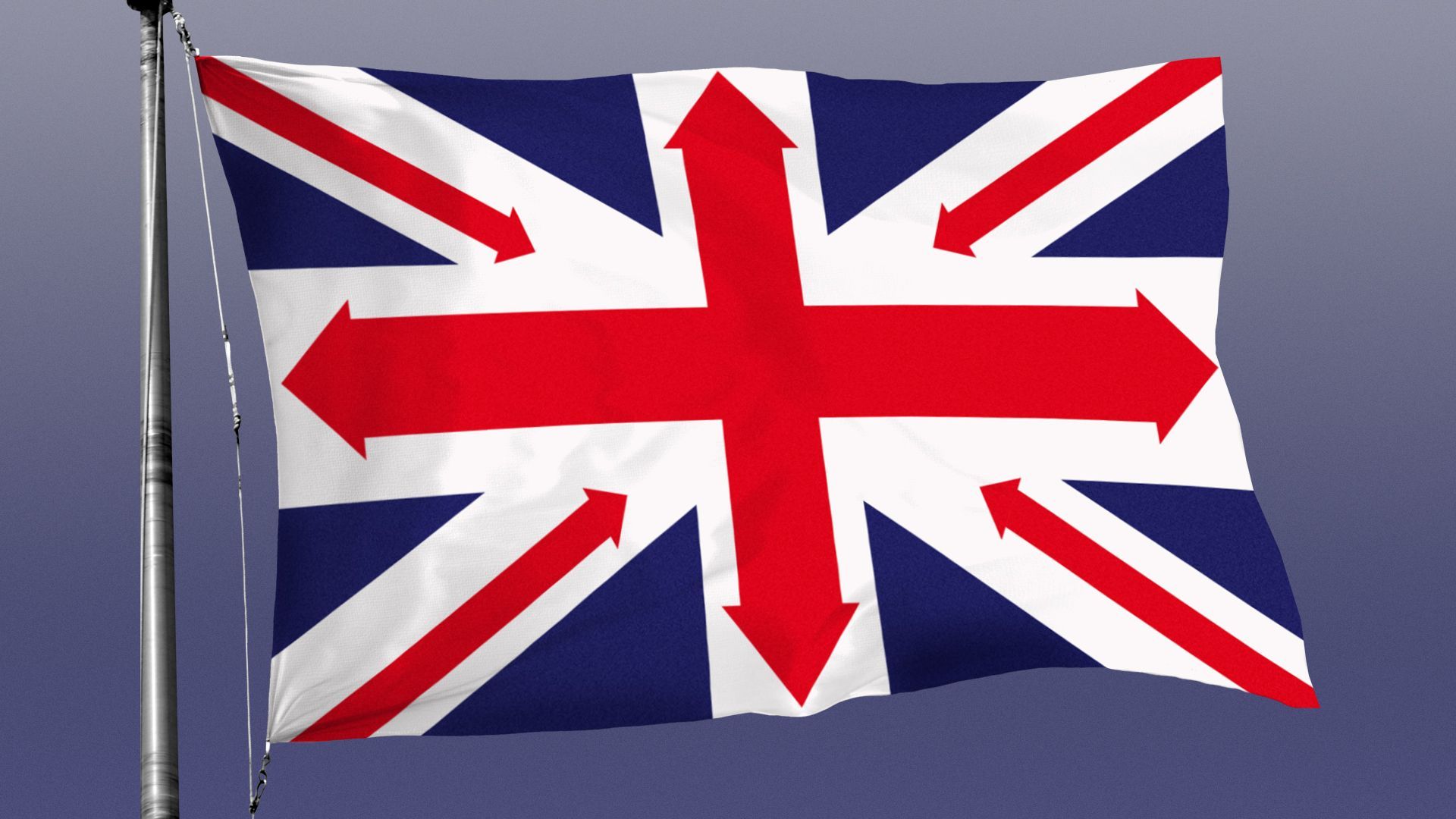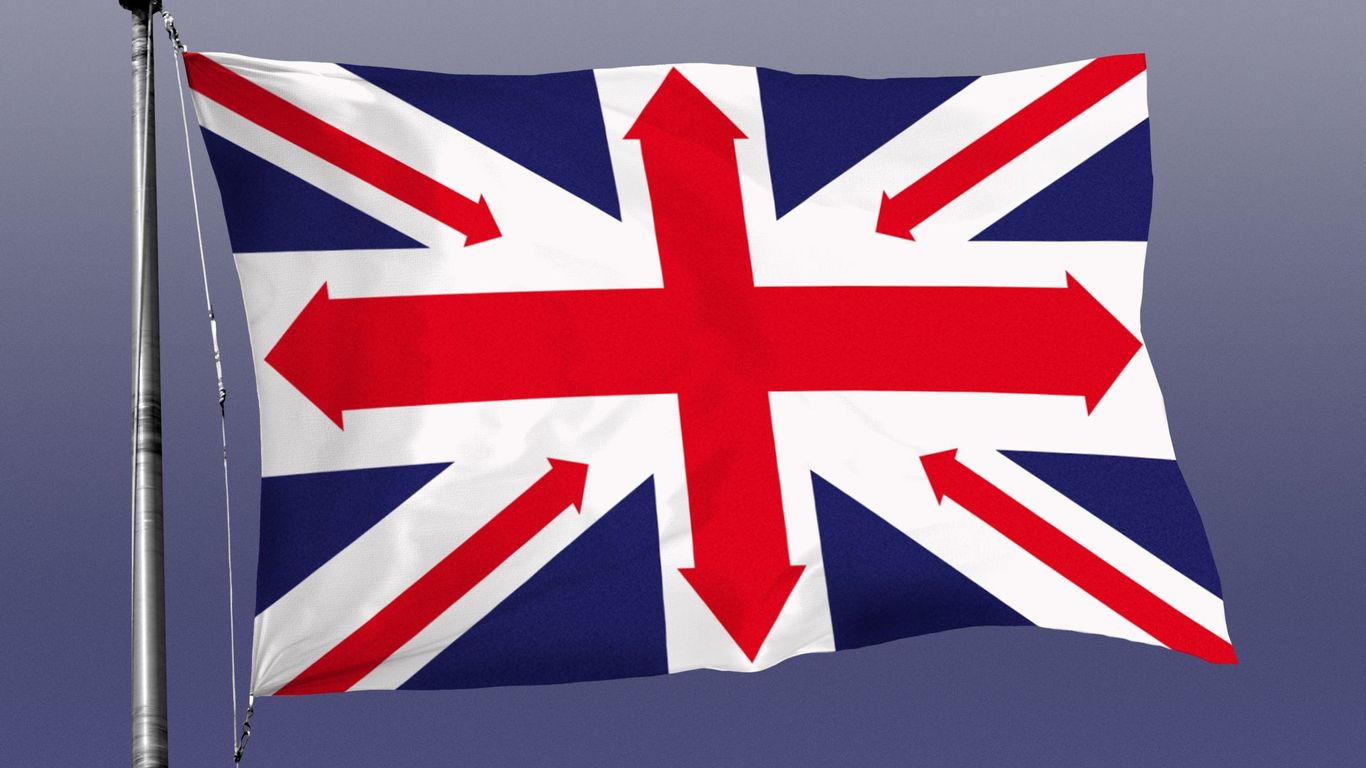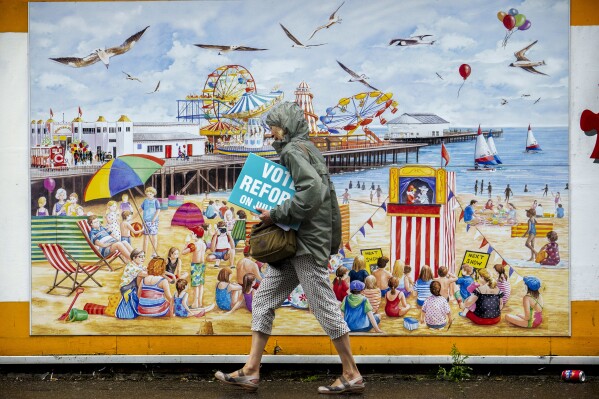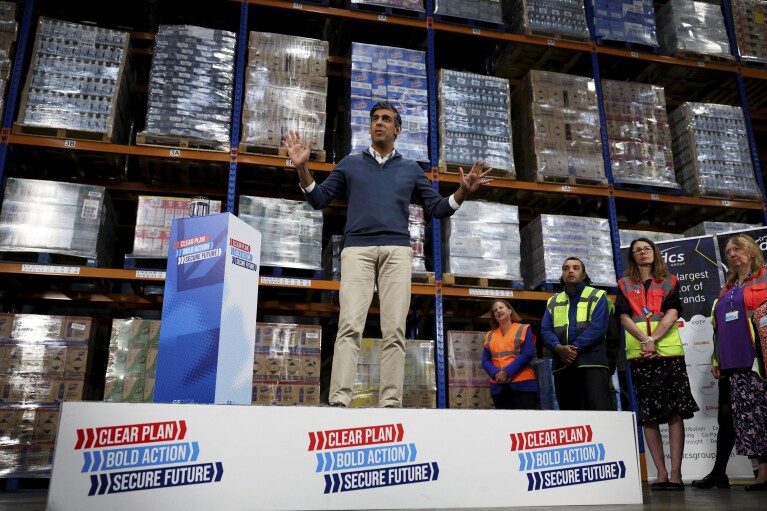
The United Kingdom is holding its general election on July 4, 2024. The Labour Party, led by Keir Starmer, has had a significant lead in opinion polls for months. Meanwhile, the Conservative Party, currently in power since 2010 under Prime Minister Rishi Sunak and his wife Akshata Murty, faces voter disillusionment.
The Labour Party is hoping for a decisive victory after years of opposition following their worst defeat since 1935. The Conservatives, on the other hand, are morose about their prospects as they face the possibility of being ousted from power.
Nigel Farage's anti-immigration rhetoric has attracted voters disillusioned with mainstream parties. The Liberal Democrats and Green Party also present alternatives for those seeking change.
The election comes at a time when the UK is grappling with economic challenges, distrust in institutions, and a fraying social fabric. The outcome of this election could have significant consequences for the future of the United Kingdom.
Polls opened at 7 am local time on July 4, and voters across England, Wales, Scotland, and Northern Ireland are casting their ballots. The first results are expected to start coming in after polls close at 10 pm local time.
The Labour Party is projected to win a significant majority in Parliament. Keir Starmer would inherit a 'legacy of ashes,' according to analysts, and voters will not be patient with the new government if they do not see immediate change. The challenges facing the UK are numerous, including an economy that has been battered by Brexit and the pandemic.
The election is also taking place on the anniversary of D-Day invasion commemorations in France. Winston Churchill led Britain during World War II, while Tony Blair was prime minister when Labour last came to power in 1997. The next prime minister will take up residence at 10 Downing Street, also known as 'No. 10'.






